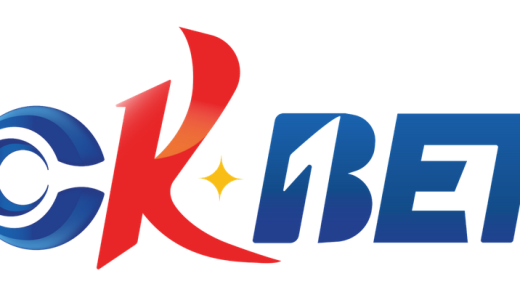Non-monetary benefits are crucial in attracting and retaining highly talented employees. These benefits can include anything provided to workers on top of their wages and salaries. Unlike in the past, non-monetary benefits are becoming a common practice in many workplaces. An employee benefits package should be flexible and valuable to workers. Employee benefits and compensation can significantly impact the recruitment, retention, productivity, and engagement of workers. Here are the three common types of employee benefits.

Medical Coverage and Flexibility
Medical coverage is the essential benefit an employer can offer to a worker. Dental work, doctors and hospital visits, prescriptions, vision care, and health insurance costs are increasing at an alarming rate. It has even become more difficult to find affordable medical insurance. Unexpected medical expenses may find an uninsured worker off guard. However, companies mitigate this by providing their top talent with free medical coverage. Some employers offer saving plans such as health reimbursement accounts and flexible spending accounts to help their employees foot their unexpected medical bills. Expenses covered under medical insurance include daycare expenses, eyeglasses and contacts, prescriptions, copays, and first aid kits. Employers should explain the difference between the medical insurance options they offer their employees. Medical insurance is common for small businesses and medium to large-size companies. It is employer-sponsored insurance that helps employees save money. Medical insurance provides workers, including those with underlying health issues, peace of mind since they know all their medical expenses are covered.
Employers should also have safety standards to ensure their employees do not get injured or contract an illness on the job. Employers should understand injury law and set up workers’ compensation for their business. In the event that you are injured or contract an illness at work, a workers compensation attorney can help you file a claim and receive benefits to help you cover lost wages and pay for medical bills as you recover and get back on your feet.
The Covid 19 pandemic has made flexible hours and working from home top options. Employees now prefer the flexibility of choosing whether to work from home or office over other forms of employee benefits. A recent survey has revealed that many employees would want to continue working away from their offices even when the COVID-19 pandemic starts to get under control. Health benefits, on the other hand, have always been essential even before the pandemic. Research has found that most workers would choose a lower-paying job with medical insurance over a high-paying job without health benefits.
Disability Insurance
Disability insurance is categorized into long and short-term disability. The benefit guarantees workers a steady income flow during the period they won’t work due to a lengthy illness or injury. Employees with short-term disability insurance are guaranteed a portion of their salary during the period they cannot work or are temporarily sick. However, in the event of a permanent injury or illness, an insured employee will receive their full salary throughout the period they won’t be able to work. The benefit aims at protecting workers from circumstances that can prevent them from working. Short-term insurance covers injuries that may incapacitate a worker for a short period, while long-term insurance covers workers who cannot work for around three to six months.
Retirement Benefits
These are funds set aside to provide workers with a pension or income after retirement. Retirement plans are categorized into two, namely pension plans and contribution plans. Pension plans are determined by the years of service and the amount of salary. The employer bears the investment risk in a pension plan. Contrary, contribution plans are specified and tied to returns on investments and aren’t a guarantee. The 401(k) plan is the most valuable retirement benefit out there. With this plan, workers have deducted a certain percentage of their earnings, which is put towards their retirement savings. It is a fairly easy plan to administer and more affordable than pension plans. The 401(k) plan provides workers with more control over their investment and retirement contribution.
Health benefits are essential for both the employer and employees. The former often thinks of these benefits as a burden. But it is time employers consider employee benefits as an incentive to grow their business and retain their top talent. Employees will be more inclined to stay with their company or organization when they feel cared for and valued.




Recent Comments